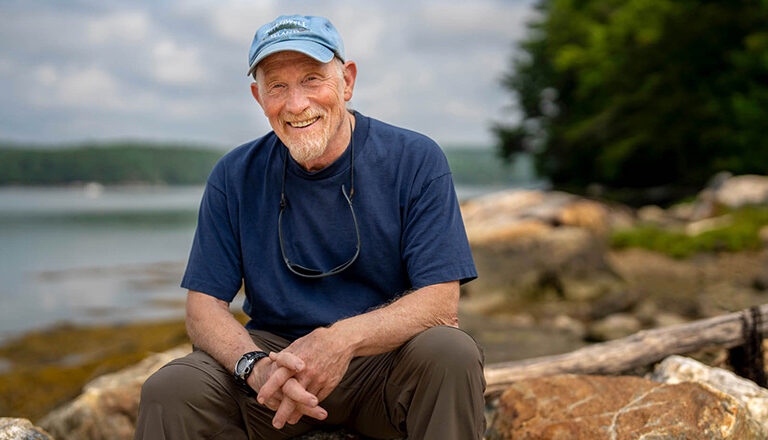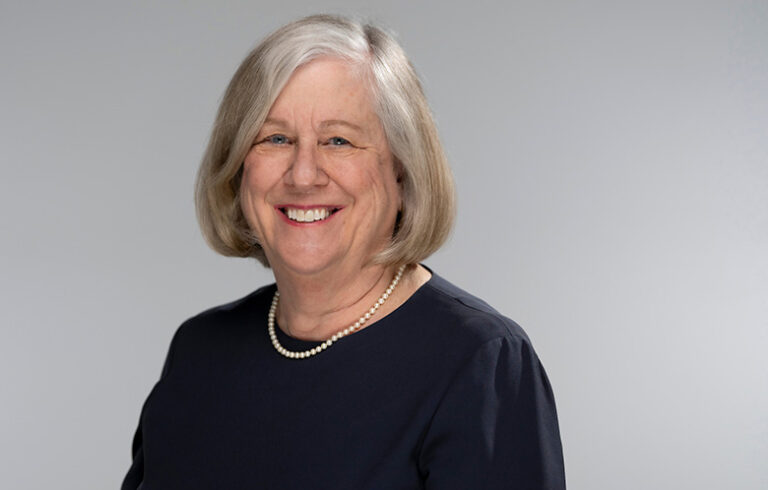For a technology that’s more than a century old, electricity is in the news a lot these days. The headlines—and political ads—here in Maine center on the corridor Central Maine Power wants to build from hydro generation sources in Quebec, and the legislative proposal to have the state purchase and operate our two largest electric utilities.
Both issues sit like the above-water parts of icebergs.
The power corridor would help Massachusetts meet its mandated goals for renewal electricity sources. Moving away from coal, oil, and nuclear power is unequivocally a positive development, but opponents worry about the environmental impacts to Western Maine forests and streams.
Developing hydropower also means creating an impoundment over thousands of acres of land, sort of the equivalent of Noah’s flood on otherwise healthy habitat.
A key question for me is whether the connection means more generation, or merely a different customer purchasing the power. The Natural Resources Council of Maine asserts that it is the latter—Massachusetts will pay more than the hydro’s existing customers, so no net gain in renewables.
The second issue is tied to your wallet. Rep. Seth Berry, D-Bowdoinham, has proposed that the state purchase both CMP and Versant (formerly Emera) and operate them as nonprofits. It’s not unprecedented. In fact, there is a customer-owned electric utility in Maine—Eastern Maine Electric Cooperative—which serves towns along the state’s border with New Brunswick.

Without shareholders demanding profits, a customer-owned utility can deliver service at lower cost and give those customers a voice in supply and other operational decisions.
The utilities wave the “government take-over” and “socialism” flags in opposition. The socialism term intrigues me as an armchair observer of political rhetoric.
Socialism still evokes fear for those who came of age during the Cold War. Surveys have shown, though, that a slight majority of those under the age of 40 do not have a negative view of socialism.
A more dispassionate way to view these matters is in order. For example, letting the free market rule snow plowing makes no sense. Should I hire a plow truck to clear the way for me as I drive to work? It’s far more sensible for all of us to chip in on the cost and enjoy the benefits.
Without shareholders demanding profits, a customer-owned utility can deliver service at lower cost.
In the 19th century, firefighting was a subscriber-based service. If your business didn’t pay, your building wouldn’t be hosed down.
So what public services should be publicly owned?
Consider transportation as an example. We used to have private toll roads in Maine. The state ferry service wasn’t formed until 1960. What about air transportation? Cities already build, on the taxpayer’s dime, multi-million-dollar airports. Why do we watch competing businesses fight it out for passengers, each flying airplanes with empty seats? Taxes already fund airlines to serve small, rural towns. Could a government-owned and operated network of air service between major hubs with smaller companies taking the secondary routes work?
Sometime in 1980 or 1981, I saw Barry Commoner (1917-2012) speak at a college near where I was living in New York. Commoner, a biologist and college professor, was one of the first to talk about the concept of sustainability in public policy decisions.
At the time I heard him speak, the electric utility on Long Island was building a controversial nuclear power plant, and Commoner suggested that ratepayers “co-op” the utility, and explained how users could then make decisions through an elected board. The concept transformed my thinking on public policy.
Commoner ran for president as a third-party candidate in 1980, and I, in my first presidential election, voted for him.
There is yet another option on the free market/socialism spectrum. Laws now allow for “B” corporations—for-profit businesses that are not bound to maximize shareholder profits, but rather answer to a higher good, like reducing carbon pollution or providing organic food. And another trend is emerging as baby boomer entrepreneurs begin to retire—employee ownership.
The bottom line shouldn’t be the bottom line. With a changing world, we would do well shed political prejudice and examine all the options.
Tom Groening is editor of The Working Waterfront.





